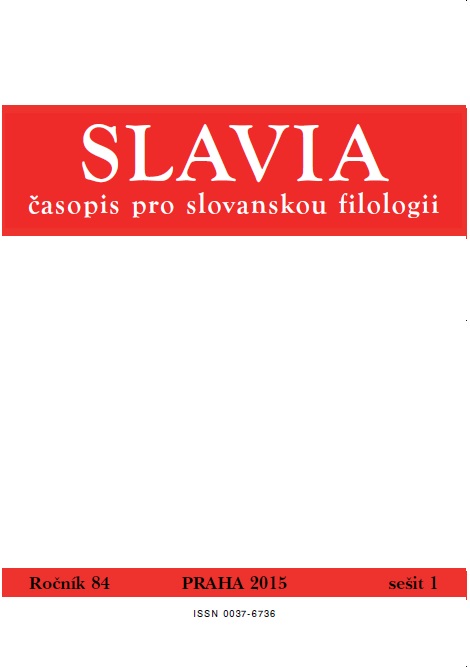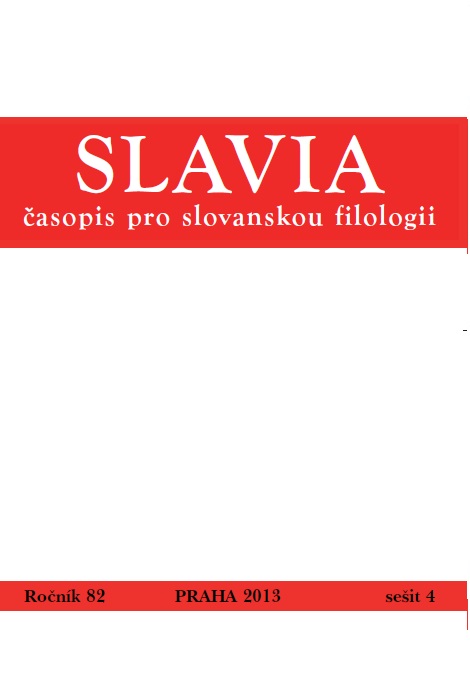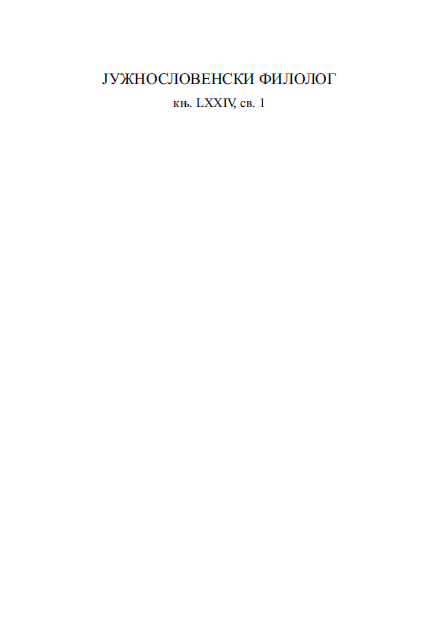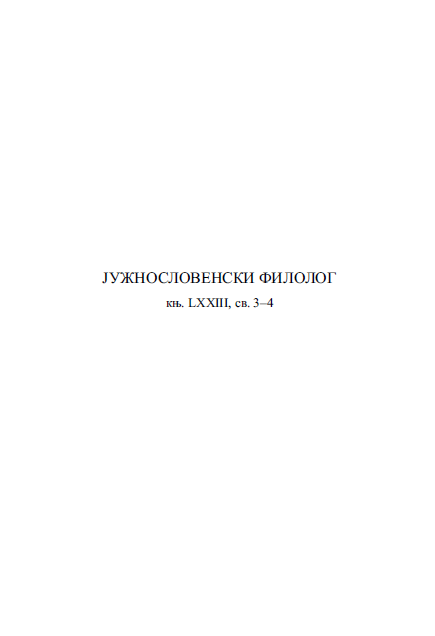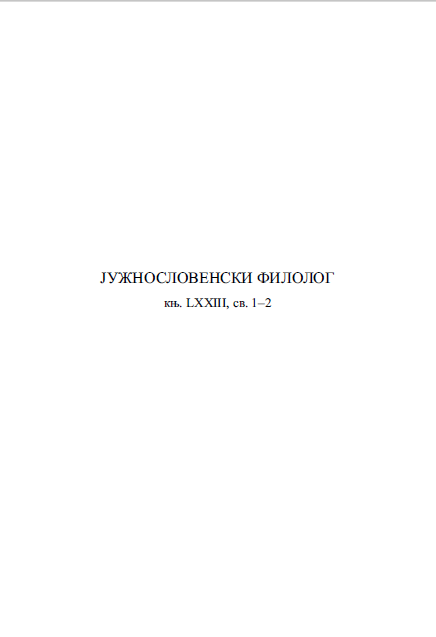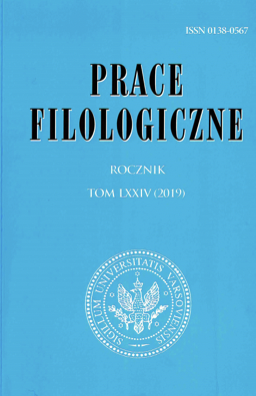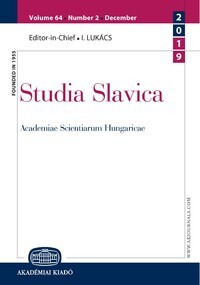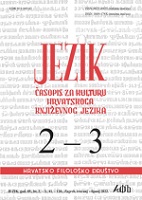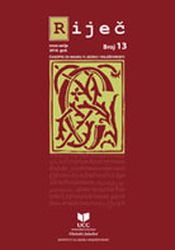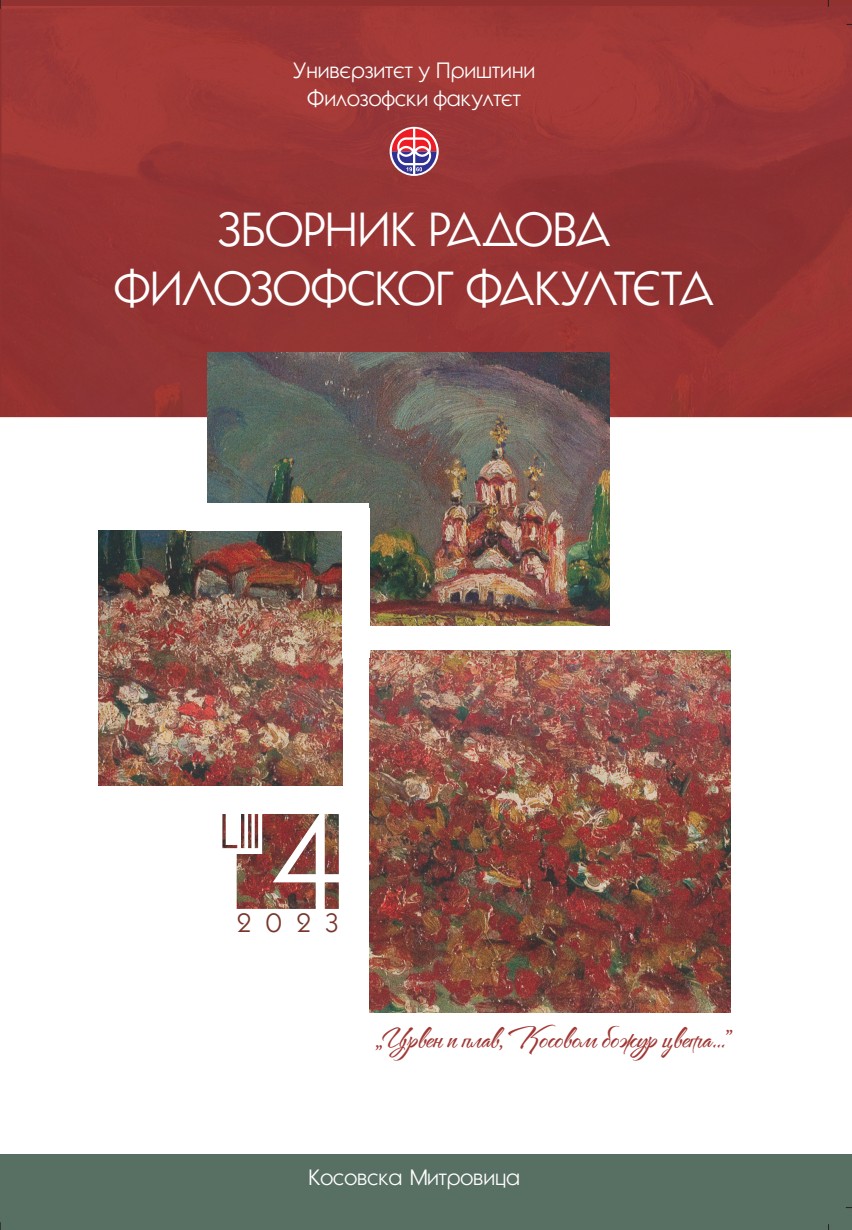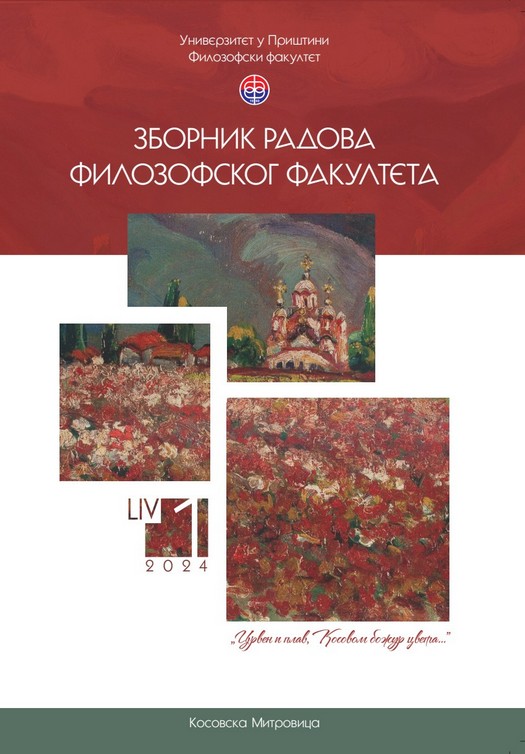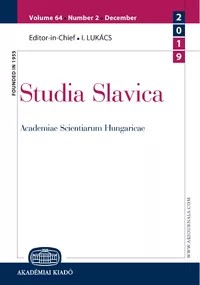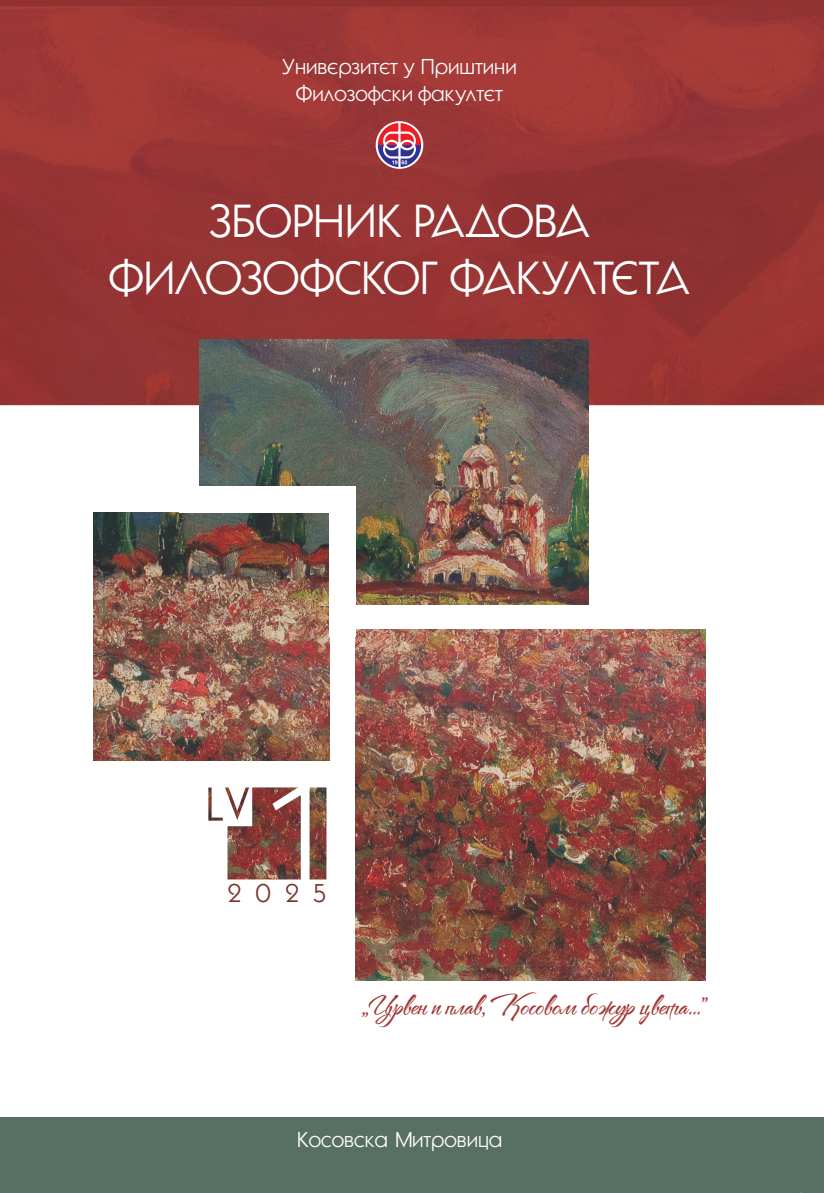Author(s): Slobodan Remetić / Language(s): Serbian
Issue: 3-4/2017
Although the beginnings of Serbian dialectology are related to the work of Vuk Stefanović Karadžić, this linguistic discipline was academically established in the early 20th century, when Milan Rešetar and Aleksandar Belić appeared on the scene simultaneously. Owing to their exchange of opinions, the conceptions in classifying Serbian dialects evolved over the 1905–1910 period more noticeably than in the whole of earlier or later research. The 20th century is considered to be the golden age of Serbian dialectology, the primary academic preoccupation of the two greatest Serbian linguists of the last century: Aleksandar Belić and Pavle Ivić. Though certain milestones were hit in the mentioned period (many blank spots were removed from the dialectal maps; dozens of monographic descriptions were published on individual speech types; valuable initial results were achieved in the domain of urban dialectology; valuable studies were completed in the domain of dialectal lexicography and onomasticon, many questions were answered in Serbian historical dialectology, etc.), as things turned out, serious and comprehensive tasks were transferred into the third millennium. In order to pass the final judgement on the relevant matters of the discipline, it is necessary to define the areals of some phonological features on the territory of Serbia and eastern Bosnia, details that earlier researchers have missed. The results of the study of the Serbian dialectal complex were predominantly published in the Serbian Dialectological Review (Srpski dijalektološki zbornik), a respectable journal established in 1905 in the Serbian Royal Academy after the publication of Aleksandar Belić’s seminal Dialects of Eastern and Southern Serbia. The paper emphasises the unequal degree of study of the Serbian dialectal mosaic, in which as a rule the area of the western republics of the former state „takes precedence,“ where the Serbian speeches did not have a priority status. During the latest war operations, the extensive zones were temporarily left without Serbs, which imposed the duty onto dialectologists to establish the language credentials of the vast areas in their study of the refugees’ speech. The most important tasks of Serbian dialectology were thematically and geographically encompassed in a comprehensive long-term project „Dialectological Research of the Serbian Language Area,“ a joint enterprise of the Serbian Academy of Arts and Sciences and its Institute of the Serbian Language. A relevant position within the project is occupied by the compilation of the Serbian Dialectological Atlas, a task facing serious, often hardly solvable problems. The historical events from the close of the last century destroyed the perspective of compiling the Serbo-Croatian Dialectological Atlas, and imposed upon us the task of additional inclusion of Serbian speeches from Bosnia and Herzegovina and Croatia into the atlas of Serbian dialects. Particular problems arise from the impossibility of field work on the territory of Croatia, from where since the dissolution of the former state we have not inherited a single studied Serbian spot, and that considerable deficit is mostly relieved through the study of refugees’ speech. Thirty-odd still unstudied spots from the mentioned area are an obstacle to the final editing and prepress of the First Lexical Volume of the Atlas. The paper stresses the unused student potential in the collection of oral linguistic heritage and appeals to the dialectologists that, in such tasks, they should assist the amateur enthusiasts in the collection and treatment of homeland oral linguistic tradition.
More...
